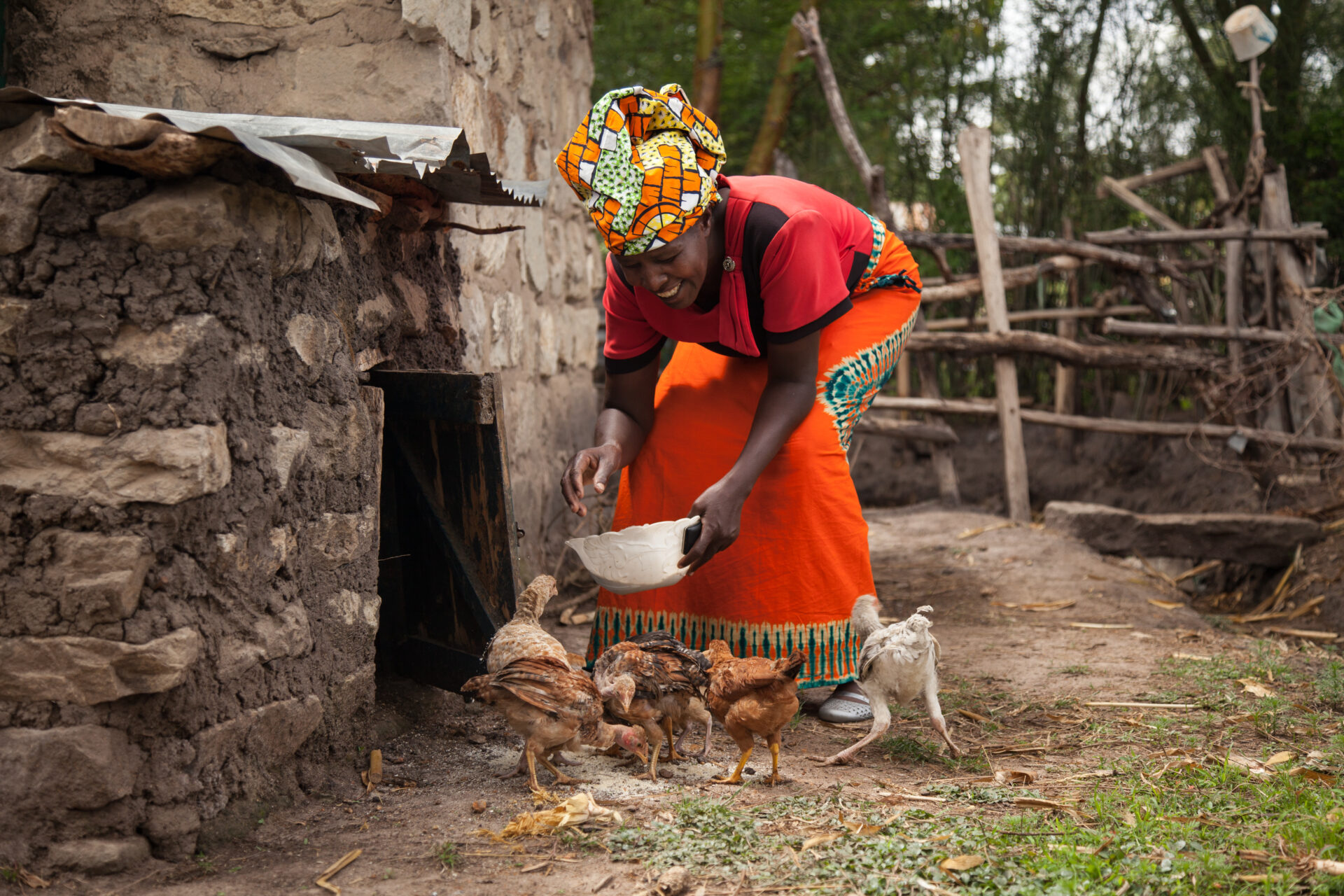Strengthening gender equality and social inclusion in LMICs across the AMR research continuum
Context
Individuals experience antimicrobial resistance (AMR) differently, but the extent and unique ways to which gender impacts this experience are relatively underexplored. Furthermore, research processes can exacerbate gender inequality and prevent inclusive practice.
Problem
Despite gender equality being a recognised priority within the health and development agenda, there have been limited reviews and studies looking at the interplay between gender and AMR, and even less investigating best practices for incorporating a gender lens in AMR research. To ensure that interventions do not have unintended consequences on gender equality, AMR policies, interventions and programmes must be context-specific and designed with the users and beneficiaries in mind. Limited recognition of existing inequalities could undermine the sustainability, uptake and effectiveness of real-world solutions, and miss an important opportunity to have wider systemic benefits on equality.
“We anticipate that this project will provide researchers with the necessary tools to capitalise on the potential of a gender lens to improve the quality, contextual relevance and impact of their AMR research”
Lead Investigators, Dr Ingrid Lynch, HSRC and Dr Poy Naemiratch, MORU
Project Overview
This novel project explores the interconnections between AMR and gender by synthesising the current evidence base on AMR, gender and other overlapping socio-behavioural characteristics, to identify priority knowledge gaps. The team will utilise systematic review methods, participatory workshops and consultations with key experts to develop a guidance document to support AMR research teams in integrating a gender lens in their work.
“AMR solutions will only be sustainable when they are designed with the needs of all individuals in mind. Gender-inclusive processes for AMR have been lacking globally, and we hope this project can start to move the dial for using a gender lens to support sustainability and gender equality in intervention and implementation research.”
Erica Westwood, Senior Science Advisor, ICARS
Outcomes
This project aims to achieve key outputs including:
- To perform a rapid review, and consolidate existing evidence on gender and socio-behavioural characteristics in the context of both human and animal health in LMICs. This will enable the prioritisation of knowledge gaps that could impact successful AMR research projects, and provide recommendations for addressing the barriers to gender transformation in AMR research processes.
- The key output of this work will be to develop clear, practical guidance on how to strengthen an intersectional gender lens within AMR research to influence policies, programmes, and practices that will lead to sustainable AMR mitigation. The guidance emerging from this work will be designed specifically to support researchers working in innovation, intervention and implementation research across human and animal health. It will reflect both sub-Saharan African and south-east Asian contexts.
- To embed this guidance, the project will create and use a knowledge translation strategy to communicate and promote uptake of the guidance document and knowledge gained, among researchers, implementers and others to support gender analysis across the entire AMR research implementation cycle.
Results
The project produced a user-friendly resource tool titled Practical pathways to integrating gender and equity considerations in antimicrobial resistance research to equip AMR researchers in incorporating gender and equity considerations into their studies from conceptualisation through to dissemination of findings. The resource was designed to be as accessible as possible, regardless of pre-existing knowledge or experience in applying gender approaches, and is intended for researchers from a range of research and academic backgrounds. This was based on a systematic scoping review, participatory consultations (including group consultations, in-depth interviews and a co-creation workshop with experts in the fields of gender and AMR research). Dissemination of this work was based on a Knowledge Translation strategy, including a public webinar in December 2023. Project participants have also maintained a newsletter providing updates on the project process.
Photo credit: IDRC/Bartay
Description: Kwale Village, Kangundo, Machakos, Kenya — May 22, 2019: Small farmer Jane Kilonzo feeds her 2 month old indigenous chickens.
Facts
Region: Africa
Sector: One Health
Type: Supporting activity
Country partners: Human Sciences Research Council (HSRC), South Africa; Jive Media, South Africa; The Mahidol Oxford Tropical Medicine Research Unit (MORU) at Mahidol University, Thailand
Funding partners: International Development Research Centre (IDRC), Canada; Ministry of Foreign Affairs Denmark
Timescale: 1st May 2022 - 28th February 2024
ICARS funding: 109,932.94 USD
ICARS Science Team

Resources
Share
Share this project on socials

